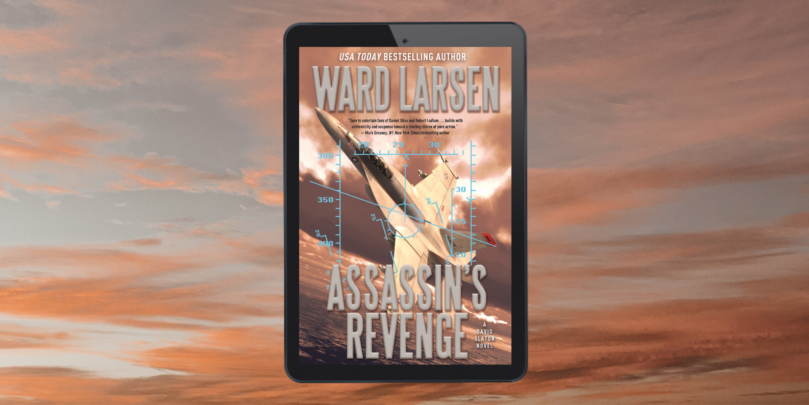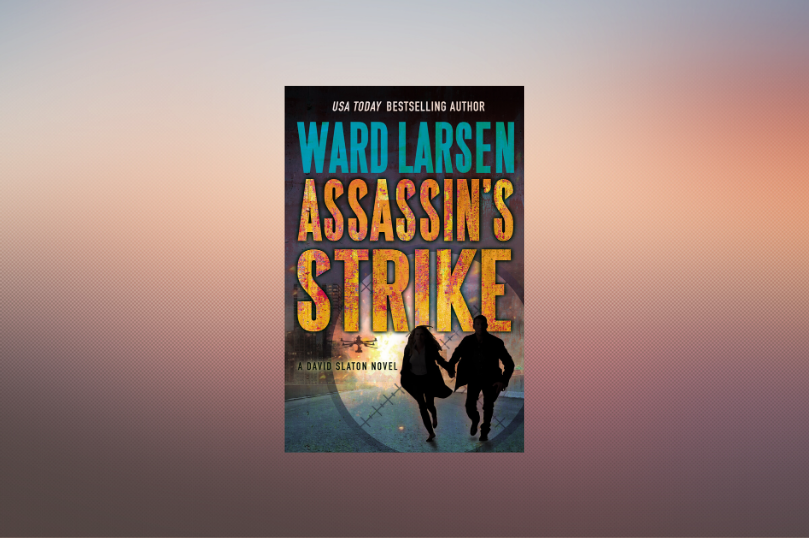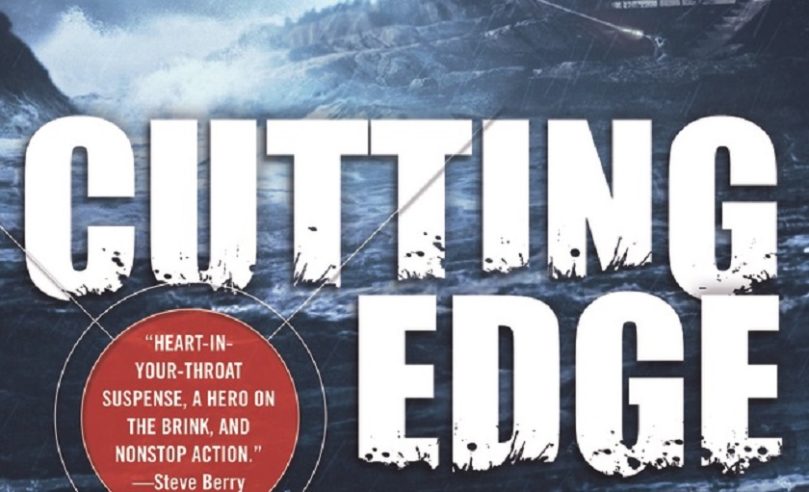
Excerpt Reveal: Assassin’s Mark by Ward Larsen
USA Today bestselling author Ward Larsen’s globe-trotting, hard-hitting assassin, David Slaton, returns for another breathless adventure, Assassin’s Mark. With the help of CIA operative David Slaton, America has shaken off a series of high-tech attacks. Then, just as the threat seems to have receded, the most brazen strike of all: Marine One is brought down in the…









